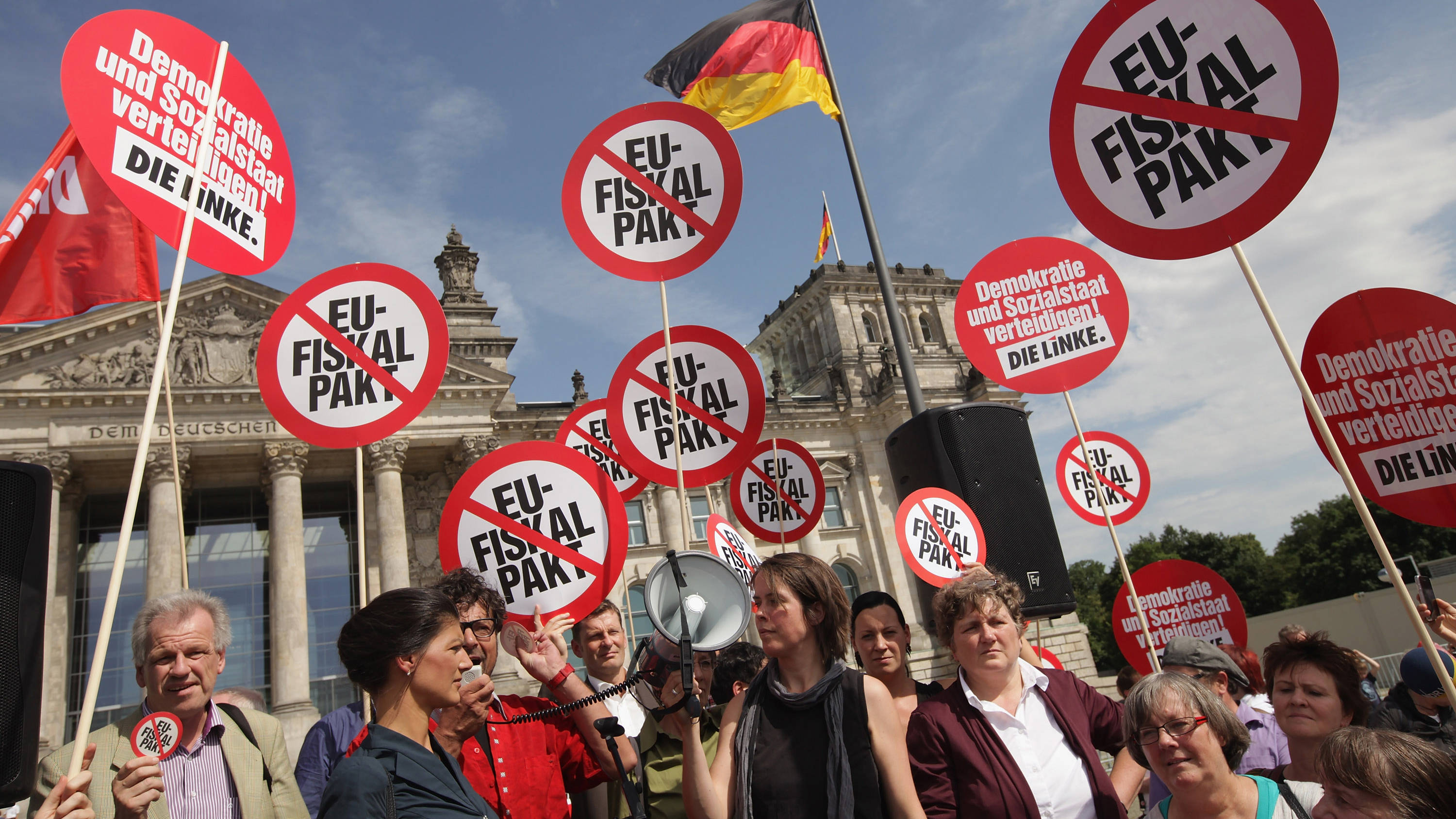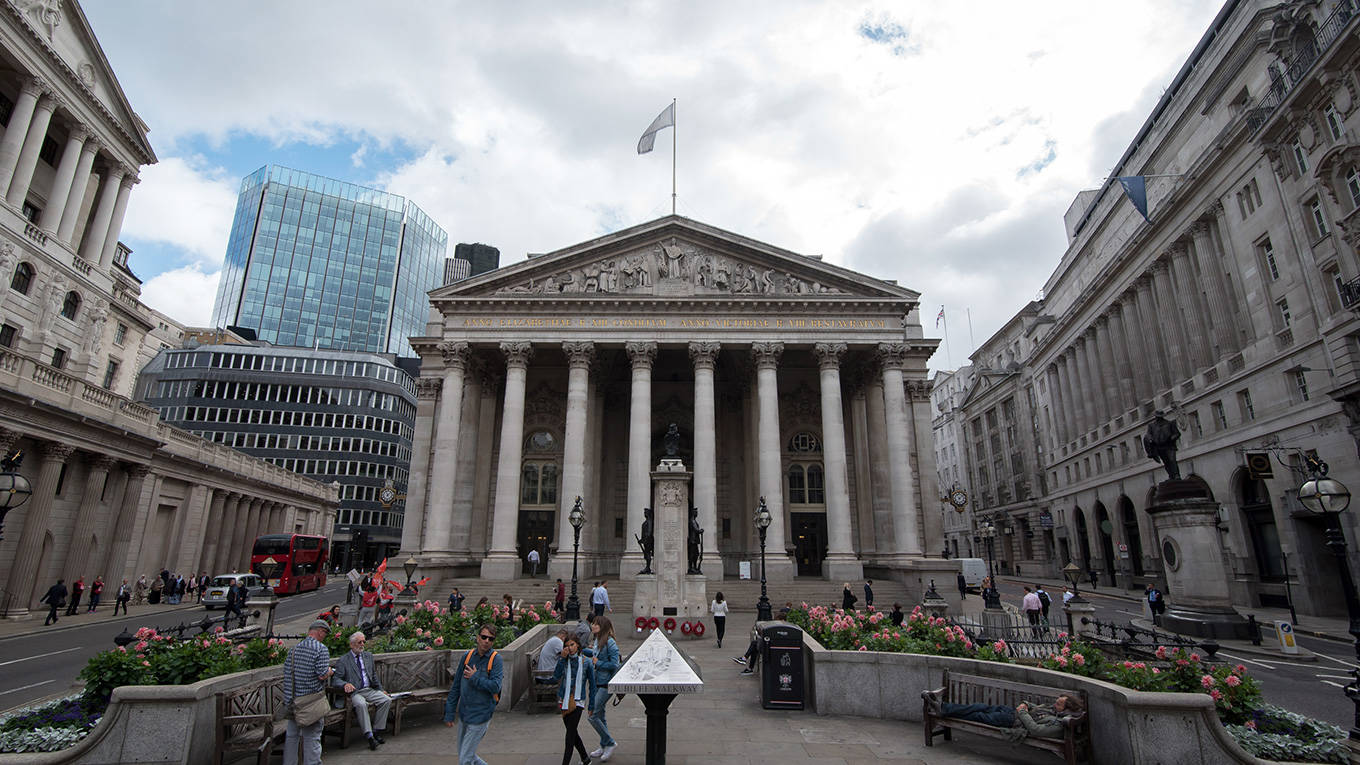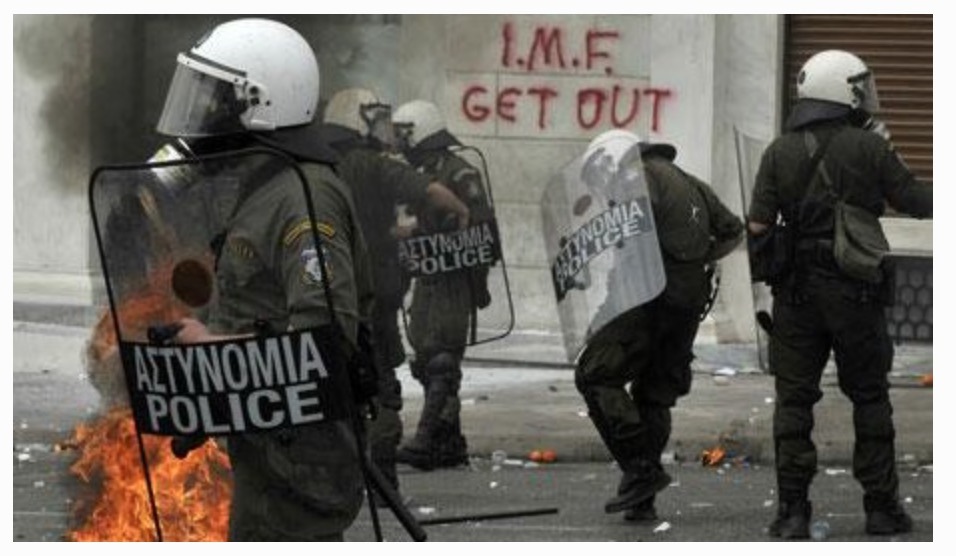From the push to turn more of the workforce into precarious “gig workers” to the ways profit-seeking digital platforms condition how we act and think while extracting free data from us, we can see and feel everyday the creeping evidence that we are living in a new reality. As world-renowned Greek economist, author, and politician Yanis Varoufakis argues, “This is how capitalism ends: not with a revolutionary bang, but with an evolutionary whimper. Just as it displaced feudalism gradually, surreptitiously, until one day the bulk of human relations were market-based and feudalism was swept away, so capitalism today is being toppled by a new economic mode: techno-feudalism.”
In their latest interview for TRNN, co-hosts of THIS IS REVOLUTION Jason Myles and Pascal Robert speak with Varoufakis about how this “techno-feudalist” system emerged, what sets it apart from the global capitalist system that preceded it, and what it will mean for humanity if we don’t stop it. Yanis Varoufakis formerly served as the finance minister of Greece and is currently the secretary general of MeRA25, a left-wing political party in Greece that he founded in 2018. He is a professor of economics at the University of Athens and the author of numerous books, including The Global Minotaur: America, Europe and the Future of the Global Economy and Another Now: Dispatches from an Alternative Present.
Pre-Production/Studio: Jason Myles
Post-Production: Cameron Granadino
TRANSCRIPT
…click on the above link to read the rest of the article…














ATHENS – The Anglosphere’s political atmosphere is thick with bourgeois outrage. In the United States, the so-called liberal establishment is convinced it was robbed by an insurgency of “deplorables” weaponized by Vladimir Putin’s hackers and Facebook’s sinister inner workings. In Britain, too, an incensed bourgeoisie are pinching themselves that support for leaving the European Union in favor of an inglorious isolation remains undented, despite a process that can only be described as a dog’s Brexit.
The range of analysis is staggering. The rise of militant parochialism on both sides of the Atlantic is being investigated from every angle imaginable: psychoanalytically, culturally, anthropologically, aesthetically, and of course in terms of identity politics. The only angle that is left largely unexplored is the one that holds the key to understanding what is going on: the unceasing class war unleashed upon the poor since the late 1970s.
In 2016, the year of both Brexit and Trump, two pieces of data, dutifully neglected by the shrewdest of establishment analysts, told the story. In the United States, more than half of American families did not qualify, according to Federal Reserve data, to take out a loan that would allow them to buy the cheapest car for sale (the Nissan Versa sedan, priced at $12,825). Meanwhile, in the United Kingdom, over 40% of families relied on either credit or food banks to feed themselves and cover basic needs.
…click on the above link to read the rest of the article…